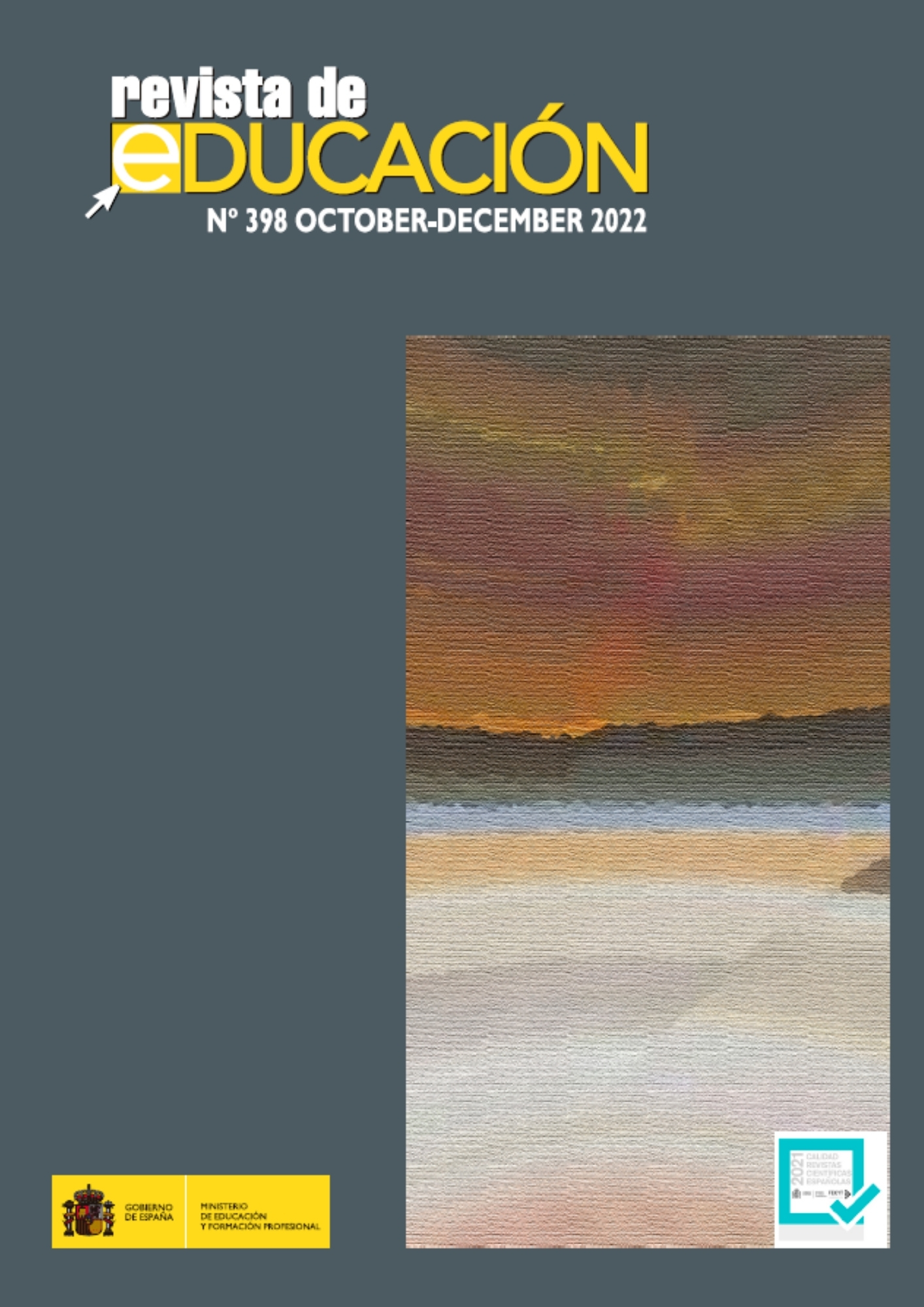Does skipping breakfast affect academic performance? Evidence from PISA
Main Article Content
Abstract
Breakfast has long been believed the most valuable meal of the day, since it has been shown to be an important determining factor of a healthy lifestyle. The aim of this research is to analyze the breakfast habits of 15-year-old students in the Organization for Economic Cooperation and Development (OECD) and to examine whether the positive effects of eating breakfast on health also translate into better levels of academic performance in reading, mathematical and scientific literacy. To this end, we use data from the Program for International Student Assessment (PISA) 2015 round and estimate ordinary least-squares regressions (OLS) applying final student weights and balanced-repeated-replication weights to consider the hierarchical structure of the data. School fixed effects and country fixed effects are also considered in all our estimations. The descriptive analysis shows that in some of the countries participating in PISA 2015 up to a 35% of
15-year-old students reported not eating breakfast before going to school. As for the relationship between eating breakfast and academic performance, our results evidence that eating breakfast before school is associated with higher scores in mathematics and science. Based on these results, we consider that it would be advisable to develop policies aimed at encouraging adolescents to eat breakfast, such as school breakfast programs or social network awareness policies, to take advantage of all the benefits that the habit of eating breakfast entails, including the advantages at the academic level demonstrated in this research.
Keywords: academic performance, breakfast, PISA, secondary education, student.

